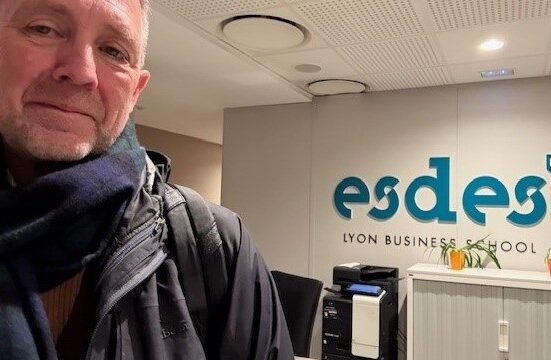As you may know, the Obama administration has begun the process of normalizing US-Cuba relations by easing-back on various restrictions of the Cuban Embargo. Generally speaking, these policies changes are intended promote more economic opportunities, as well as humanitarian efforts, between the two countries.
On October 17th, the U.S. Department of Treasury’s Office of Foreign Assets Control (OFAC) and the U.S. Department of Commerce’s Bureau of Industry and Security (BIS) continued this policy by publishing regulations that further chip away at the Embargo. Among other items, these amendments:
- Allow persons subject to U.S. jurisdiction to engage in joint medical research projects with Cuban nationals. This authorization encompasses both non-commercial and commercial research.
- Authorize transactions incident to obtaining U.S. Food and Drug Administration (FDA) approval of Cuban-origin pharmaceuticals. Importantly, an additional authorization will allow the importation into the United States, and the marketing, sale, or other distribution in the United States, of FDA-approved Cuban-origin pharmaceuticals.
- Expand and clarify authorizations relating to trade and commerce.
- Reduce certain travel restrictions.
- Expand the authorizations for grants and humanitarian-related services designed to directly benefit the Cuban people.
As a result of these changes, there may be more opportunities for US citizens to do business in Cuba (or with Cuban businesses), however, it should be noted that despite these changes, the fact remains that there is still an overall embargo in place. Furthermore, due to the changing nature of Cuban-American relations, the Embargo is in a state of flux and the rules are subject to further change at any moment. Therefore, before you do any business in Cuba, it is important that you do proper due diligence. To read more about Cuba, read Timothy D. Charlesworth’s blog from earlier this year, Cuba: Open for Business?
The Attorneys at Fitzpatrick Lentz & Bubba have extensive experience advising clients on a wide variety of international business transactions, including regulatory compliance matters. For more information, please contact Kenneth Charette or any other attorney in our International Trade Law Group.









